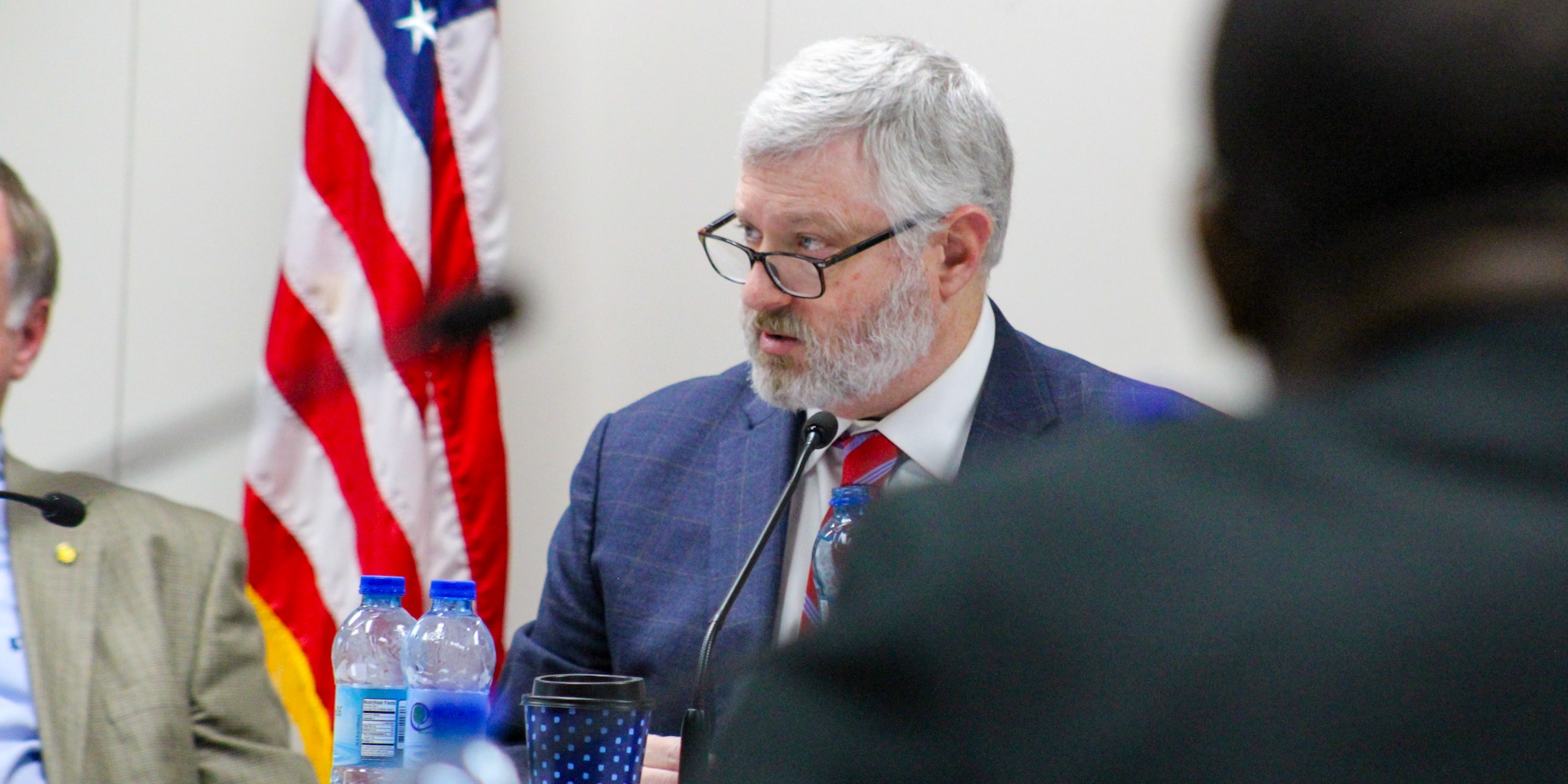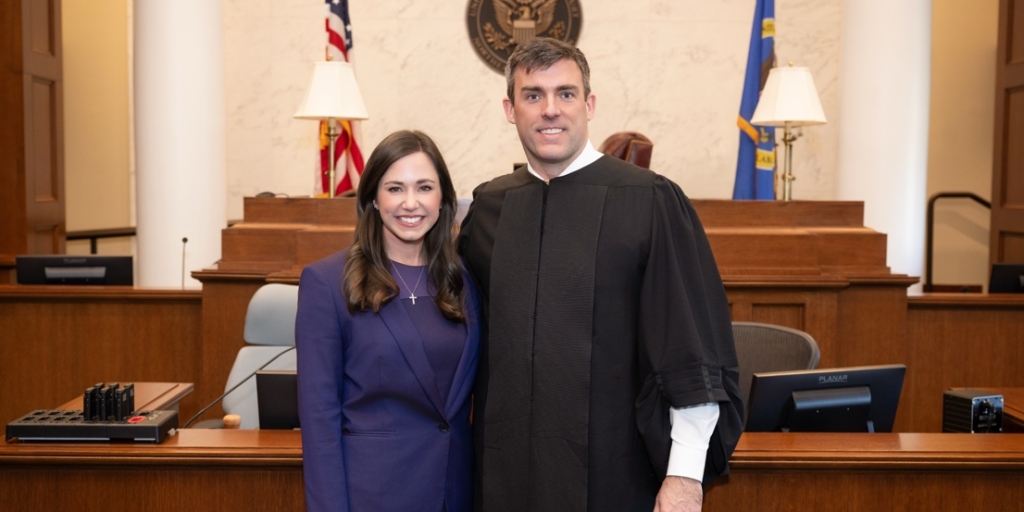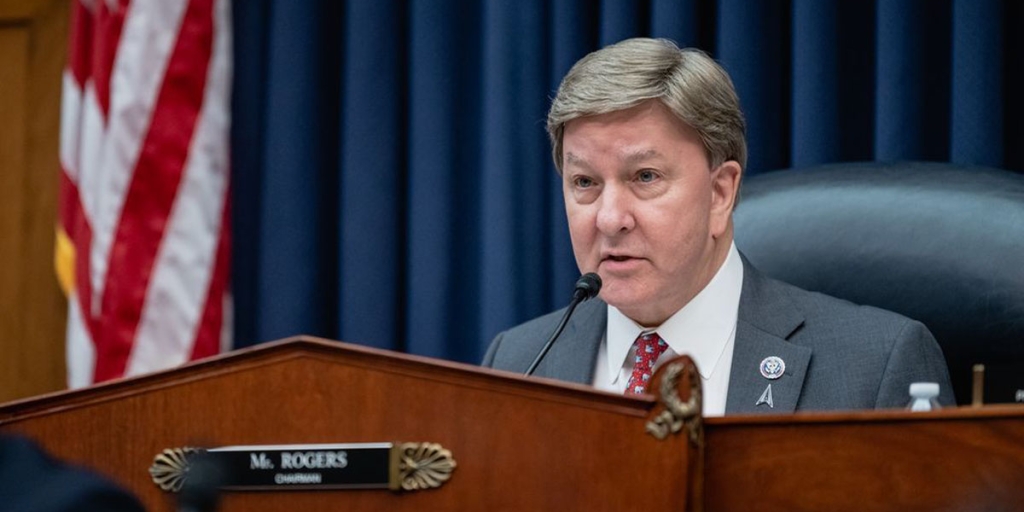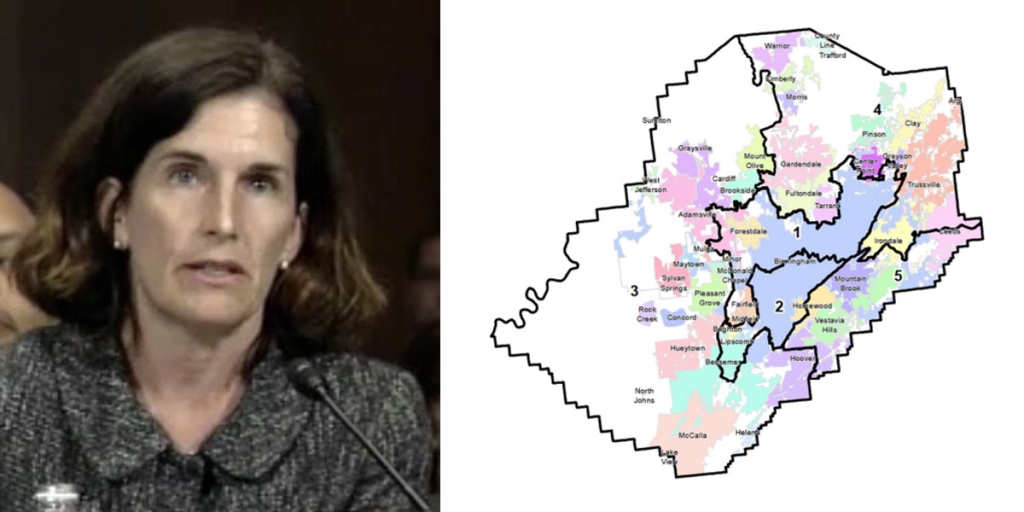With the Montgomery region’s Alabama State Senate lines in flux under federal court order, State Sen. Will Barfoot (R-Pike Road) is making his own plans crystal clear: He’s running for re-election in 2026.
Barfoot, first elected in 2018 to represent Senate District 25, covering Crenshaw, Elmore and portions of Montgomery County, formally announced Wednesday that he will seek another term in the Alabama Senate.
“It has been the honor of a lifetime to serve the communities in my district and the state of Alabama,” Barfoot said today.
“During my nearly seven years of service, our Republican majority has set the standard for conservative governance across the nation. We passed the largest tax cut in the state’s history, and I personally sponsored legislation to outlaw DEI in our universities and crack down on crime in our cities and back our men and women in blue. From the Coosa to the Tallapoosa, and from Jordan to Martin down to the Alabama River, and all the towns in between, I have been blessed to represent the best people in America. I will continue to work hard to earn their trust and protect our values.”
Barfoot’s decision to go wide with his re-election bid comes just days after U.S. District Judge Anna Manasco ordered Alabama to use a new State Senate map that modifies his district beginning in the 2026 primary election, now just 181 days away.
Under the new lines, which are still being appealed by the state, more black voters would be moved out of District 26, State Sen. Kirk Hatcher’s (D-Montgomery) current district, and into District 25, Barfoot’s district.
While the remedy chosen by the court was far more narrow than what the NAACP and other plaintiffs sought statewide, the litigation itself leaves Barfoot’s district complicated, both geographically and demographically, very close to the primary election date.
And that complication might not even be solved until after the primary is held.
Alabama is appealing the ruling and asking the court to pause its judgement while the U.S. Supreme Court re-hears Louisiana v. Callais, which could overhaul race-based political redistricting under Section 2 of the Voting Rights Act. However, the court previously rejected an effort from the State to stay the judgment.
Section 2, alongside the Constitution itself, is one of the foundational legal bases of redistricting court fights active on the local, state and federal levels in Alabama, including a 2023 U.S. Supreme Court ruling that moved black voters from Alabama’s 1st Congressional District to its 2nd District.
The U.S. Supreme Court is expected to issue its final ruling in the case no later than summer, and possibly much earlier, after re-hearing it last month.
Governor Kay Ivey and legislative leaders are already preparing for that scenario.
Earlier this year, Ivey opted to not call a special session for lawmakers to draw a map that potentially satisfies the Section 2 challenges to Alabama’s State Senate map, and instead, urged the court to clarify the law when it rules in Louisiana.
State lawmakers are also working to mitigate chaos that might stem from a post-primary ruling.
A bill pre-filed for the 2026 legislative session, which begins in January, proposes to hold special primary elections for any districts impacted by a late court order. Those could be held as late as August, with general elections remaining on schedule for November.
In the scenario that Louisiana is overturned by the Supreme Court, the State’s original enacted maps could be reinstated and used in the 2026 elections.
In some scenarios, the present cohort of Alabama lawmakers might even have the opportunity to engage in re-apportionment specifically for districts that have been changed by court orders under Section 2.
However, that would likely occur after the 2026 primary election date in May.
In order to ensure compliance with a post-ruling legal landscape, legislation would be required to enable the Governor of Alabama to call special primaries for the impacted districts as late as August 2026.
As for Barfoot, if this week’s ruling is not overturned on appeal or a stay in the case is not issued, virtually every voter who was drawn into, or drawn out of his district, are not yet aware that they have been.
So far in his two terms, Barfoot has helped drive some of the most consequential, and most conservative, legislation to clear the State House this quadrennium.
As a practicing attorney and Chairman of the Senate Judiciary Committee, he is heavily involved in the chamber’s sizable judicial portfolio.
In 2025, Barfoot authored an expansion of Aniah’s Law, to broaden the list of violent offenses for which judges may deny bail to repeated violent criminals.
In 2024, he authored SB129, a new law banning state-funded diversity, equity and inclusion (DEI) offices and “divisive concepts” training in Alabama’s public universities, state agencies and K-12 schools — now well in effect across the state.
As part of Governor Kay Ivey’s recent public safety package, Barfoot spearheaded legislation to make possession of “Glock switches” that turn semi-automatic pistols into illegal machine guns into a Class C felony.
Barfoot also carried legislation for Attorney General Steve Marshall and Chief Justice Sarah Stewart, the Speedy Trial Act, which is now expediting violent-crime cases to trial faster, clearing court backlogs and exacting justice for victims more swiftly.
Grayson Everett is the editor in chief of Yellowhammer News. You can follow him on X @Grayson270.











